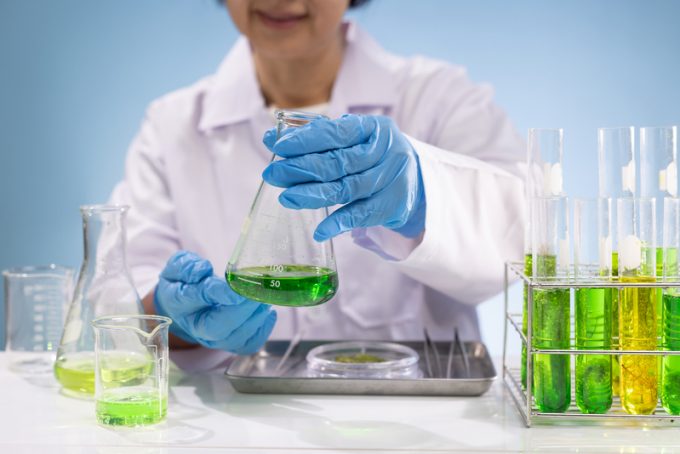Asians fail to bite into US cherry exports while crop falters
North American cherry exporters and carriers are hoping for a better second part of the ...

The oil and gas industry is failing air cargo, putting in just a fraction of the investment needed for sustainable aviation fuel, delegates at WCS in Hong Kong heard this week.
All roadmaps for net-zero aviation see SAF as “the most important factor”, but without reliable ...

Comment on this article